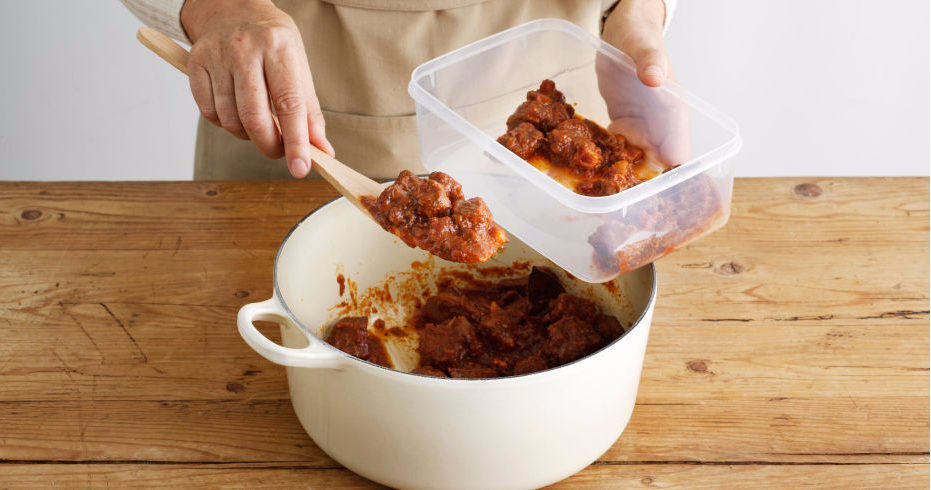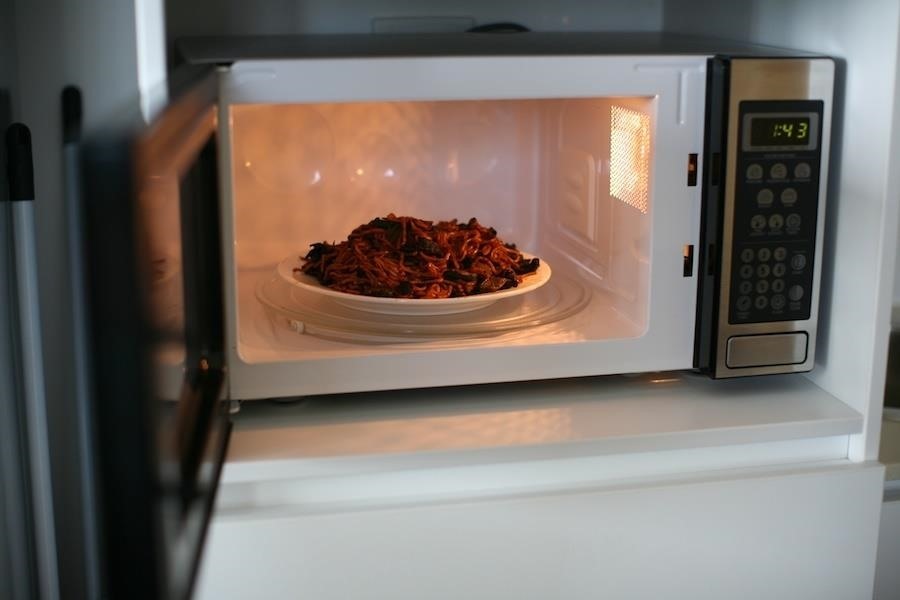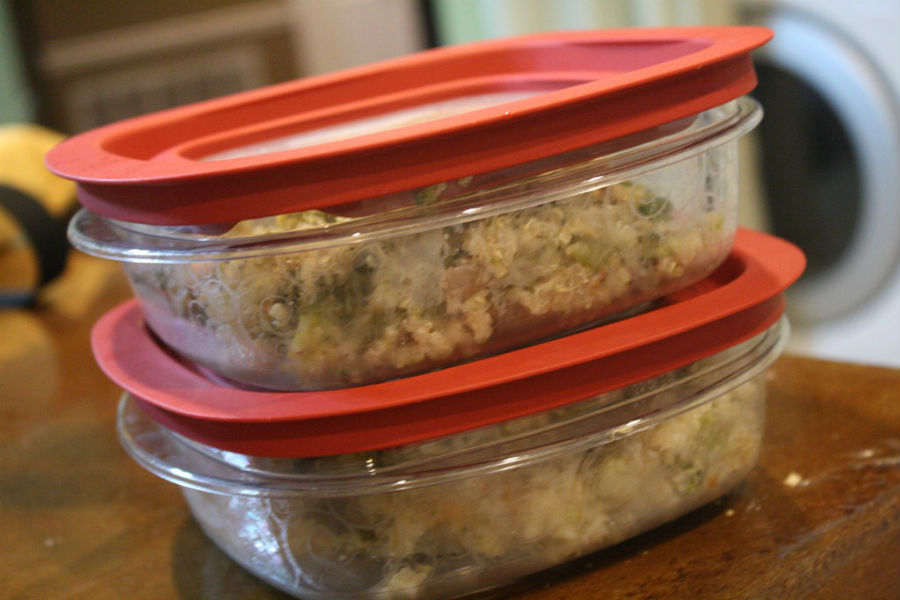Most families depend on leftovers. They're an easy way to save time and money, but there are risks to eating leftovers that we often forget.
Just like cooking, there are safety rules that you should always follow when you're reheating food, but most of us never learned them.
We think that if you put your food on a plate and heat it in the microwave it will magically be safe to eat, but that's not true at all. It turns out if leftovers aren't stored and reheated properly there can be some serious consequences.
The most important thing to remember is when you reheat leftovers every part of the meal should be hot. Most experts say you should never use a microwave to reheat food, because they're very uneven. Eating food with a "cold spot" in the middle isn't just unpleasant, it could expose you to dangerous bacteria.
If you absolutely have to use a microwave, heat your food for a short time, stir, then repeat. Your food is only safe to eat once the whole dish is heated evenly. You can use a food thermometer to be sure everything is at least 70°.
The second most important rule is to only reheat a portion once. When food is hot, cold, hot and cold again it's difficult to be sure that it's safe to eat, so once it's been reheated don't put it back in your fridge.
A little bit of preparation goes a long way towards keeping your family safe. Put food in the fridge as soon as possible, bacteria love the middle temperatures between your stove and your fridge, so don't give them a chance to grow.
Also, make sure you label all your leftovers. Food should only stay in the fridge for 2-3 days. To make it last any longer, put it in the freezer, where it will be safe for up to 4 months. But all these tips are pointless if your fridge and freezer are running warm, so check often that they're working right.
Your fridge should run between 32-40°F, and your freezer should stay under 0°F.
These tips will keep your family from getting unwelcome stomach bugs like listeria, but there are lots of other things to look out for.
Starchy foods like rice have their own risks, so if you're not sure how to store your foods, double check online.
Remember: when it comes to food poisoning, better safe than sorry!
Share these safety tips with someone you know!




